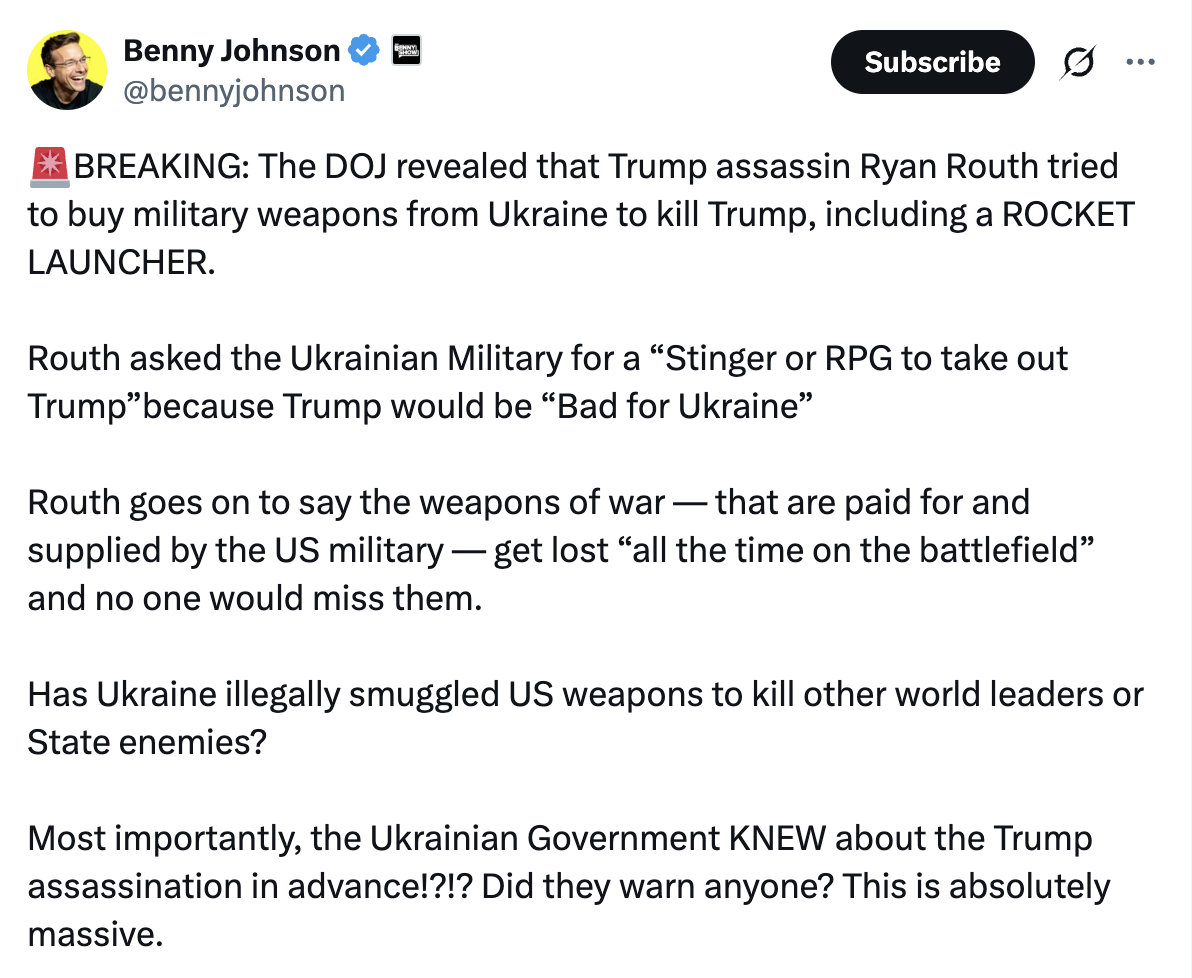Victor Davis Hanson breaks down why Trump has made maintaining dominance over China a central issue for his administration on this episode of “Victor Davis Hanson: In His Own Words.”
“He’s worried that China is intimidating countries in the Pacific and in Asia. Some of our strongest friends—Australia, South Korea, Taiwan, the Philippines, Vietnam. Saying things like, 'The United States is in decline. You better cut a deal.'"
“ China is ascendant and we are static," he says.
“He’s worried that China is intimidating countries in the Pacific and in Asia. Some of our strongest friends—Australia, South Korea, Taiwan, the Philippines, Vietnam. Saying things like, 'The United States is in decline. You better cut a deal.'"
“ China is ascendant and we are static," he says.
VICTOR DAVIS HANSON, DAILY SIGNAL: I’d like to talk today about China—it seems to be on everybody’s mind, but explicitly on Donald Trump’s mind. That’s the one common denominator that explains his interest in Panama and not to turn over our key transit from East to West Coast to China—China has no business there—and the same thing with Greenland. He’s worried about the Chinese having access to the Arctic Circle, he’s worried about their trade surplus, he’s worried about circumventing unfair trade by assembling their products in Mexico, he’s worried about them sending raw product of fentanyl, he’s worried about their surrogates—the sort of mad pitbulls like North Korea and, increasingly, Iran—that China cuts the leash every once in a while and says, “Go to it, cause chaos.”https://www.realclearpolitics.com/video/2025/04/03/victor_davis_hanson_trumps_long_term_strategy_to_maintain_preeminence_over_china.html
He’s worried that China is intimidating countries in the Pacific and in Asia—some of our strongest friends—Australia, South Korea, Taiwan, the Philippines, Vietnam—saying things like, “The United States is in decline, you better cut a deal.”
Essentially, they’re like Japan in 1940, and they’re trying to refashion something like the Japanese East Asian Co-Prosperity Sphere—that was a mercantile system aimed at the West, which soon they were to be at war with. So is it all depression? No—what Trump is saying is, for us to stop this, we’ve got to balance our budget—we can’t spend $3 billion a day on interest. If we’re going to do this, we have to have trade parity—we can’t keep running up a trillion, a trillion and a half dollars in trade surplus.
And when he looks at us at home, he says the ESG—this equity-social governance—that we don’t look at productivity and stocks but whether they’re politically correct, or DEI, and woke—that’s anti-American stuff, it doesn’t work. The Chinese love it—we will not be competitive. If you look at the border, you can’t have an open border with 30 million illegal aliens—that is a drag on productivity—you have to have security.
So what he’s doing in all these areas is identifying the threat that China poses and why we, with an open, transparent, and capitalist society, can achieve our preeminence—or guarantee our preeminence—if we make changes.
And it’s not necessarily a pessimistic picture—I just give you some statistics. Yes, China has 2,000 fighters, we have 1,500—but fighters aren’t the only story. The re are bombers, there are logistic planes, they’re intelligence planes—when you look at all of the U.S. Air Force, we have about 1,500 more planes, and we have over 500 fifth-generation fighters—I think they only have about 60. Yes, they are building 200 times more ships than we are. Remember, we built the largest navy in World War II that turned out, by 1945, larger than all the navies in the world. We were building a Liberty or Freedom mercantile vessel—big 10,000-12,000-ton vessels—every 5 days—we built 3,000 of them, we built 120 carriers of different classifications—so we were the shipbuilder, and now China is.
But when you actually look at our fleets, we still have 11 fleet carriers and army groups—navy groups—around them. They’re over 100,000 tons, they’re all nuclear—China has two and it’s building a third. We have about 85 to 87 submarines, they have about 60—but every one of ours is nuclear, not of theirs—they only have about six or seven.
If you look at all of these statistics on economics—they have 1.4 billion people, we have about 335 to 340 million people—but we produce one and a half times the nominal GDP that China does. So one American produces one and a half times more goods and services than his four Chinese counterparts.
If you look at per capita income, we’re still ranked sixth in the world—China’s 73rd. Americans have a lot more purchasing power per capita than the Chinese.
So let me put this all together in conclusion—China is ascendant, and we are static. Trump comes in, and he’s looking at things at home that will restore our global preeminence—fiscal discipline, secure borders, merit-based education, energy development—and he says, “Right now we still have the lead, and we will maintain this lead, but if we continue down the trajectory we’re at, we’re going to be in big trouble.”
Final note—we have 5,500 deliverable nuclear weapons, China has about 500—but they’re building six or seven a month, and they want to get up to a thousand in 5 years and then keep going. So what Trump is doing, again, is he’s saying, “Right now, our system is much superior—energy, agriculture, productivity, GDP, per capita income—but the trends in the future are not good, and if we don’t change, our rival will dominate the world, and I’m not going to let that happen on my watch.”
And I think that explains a lot of his otherwise sometimes inexplicable worries—from Greenland to Panama to the border to our universities.

